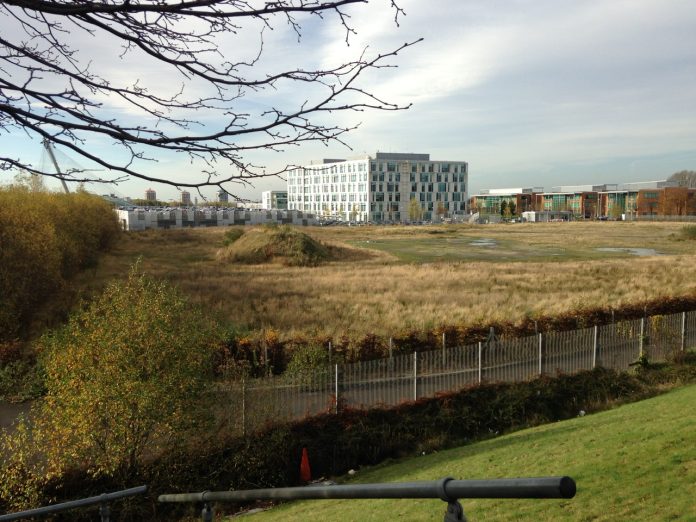A stark divide in health and wealth throughout the UK is leaving many ‘bad health blackspots’ sicker and poorer than their neighbours
The interim report for the cross-party IPPR Commission on Health and Prosperity says that the UK now has among the largest health inequalities of any advanced economy, with one in every four people in England and Wales who are economically inactive living in the unhealthiest 50 local authorities.
People living in the most deprived local authorities in England are nearly one and a half times more likely to experience economic inactivity and are twice as likely to be in poor health than those in the least deprived authorities.
Almost one in every 10 people in places like Liverpool Manchester and Nottingham report that they are in bad health, compared to around just one in 33 in Hart West Oxfordshire and South Oxfordshire
These areas correlate with areas of high and low economic inactivity; 33.9 per cent of working aged people in Liverpool are economically inactive, 34.2 per cent in Manchester and 38.5 per cent in Nottingham, compared to 17.4 per cent in Hart, 17.1 per cent in West Oxfordshire and 17.8 per cent in South Oxfordshire.
The concerning ‘double injustice’ of areas suffering high levels of sickness and low levels of economic activity are exacerbated by also being more likely to experience worse levels of productivity, material deprivation, child poverty, unemployment and household income.
These areas also have some of the lowest levels of life expectancy in the country. In Liverpool, for example, the healthy life expectancy is just 58 years. In Wokingham, the healthy life expectancy is over 70 years.
Across the UK, the healthy life expectancy gap between the healthiest and unhealthiest local authority is 23.5 years for women and 21.2 years for men.
Lives and livelihoods are being cost by poor health in the UK – which has now become the sick man of Europe. As a result, the UK is experiencing related crises in the NHS and the workforce.
IPPR held a series of multi-day workshops with people from across the UK to develop bold new proposals to tackle the declining health and wealth of certain areas.
They recommend a new network of good health zones across the country. Health and Prosperity Improvement Zones (HAPI zones), would be modelled on Clean Air Zones, and focus on seven key areas including physical and mental health, housing quality and addiction.
Lord James Bethell, former health minister and IPPR commissioner said:
“If everywhere in the UK was as healthy as Wokingham, Windsor or Maidenhead, we’d be the healthiest country in the world – and much wealthier too.
“Not just because they have a better NHS, but because they have the right foundations for a healthy life: healthier food choices, less takeaways and betting shops, fewer mouldy houses, cleaner air and more green spaces.
“Sick Britain is something we just cannot afford. We urgently need a plan to give people and communities real power over their health.”
Professor Donna Hall CBE, IPPR commissioner and former Chief Executive of Wigan Council, said:
“People working within local government and health services are trapped by a lack of resources, support and agency to serve their local population. People feel unheard and their health is suffering.
“The new HAPI zones would serve as an innovative response to growing poverty and ill-health, put power into the hands of local leaders and ignite local ownership over the future of public health.”







